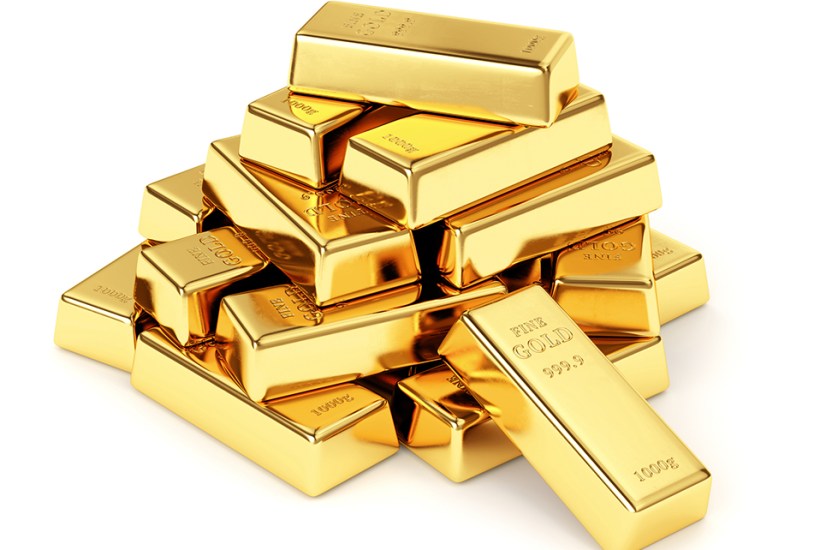I was on my way home from sixth-form college when I heard about Dad’s arrest for his alleged involvement in what, at the time, was the biggest heist in history. Three tonnes of bullion, along with platinum, jewellery and traveller’s cheques, had been taken from the Brink’s-Mat warehouse at Heathrow in the early hours of 26 November 1983.
Already a subscriber? Log in
Subscribe for just $2 a week
Try a month of The Spectator Australia absolutely free and without commitment. Not only that but – if you choose to continue – you’ll pay just $2 a week for your first year.
- Unlimited access to spectator.com.au and app
- The weekly edition on the Spectator Australia app
- Spectator podcasts and newsletters
- Full access to spectator.co.uk
Or
Unlock this article
You might disagree with half of it, but you’ll enjoy reading all of it. Try your first month for free, then just $2 a week for the remainder of your first year.








Comments
Don't miss out
Join the conversation with other Spectator Australia readers. Subscribe to leave a comment.
SUBSCRIBEAlready a subscriber? Log in